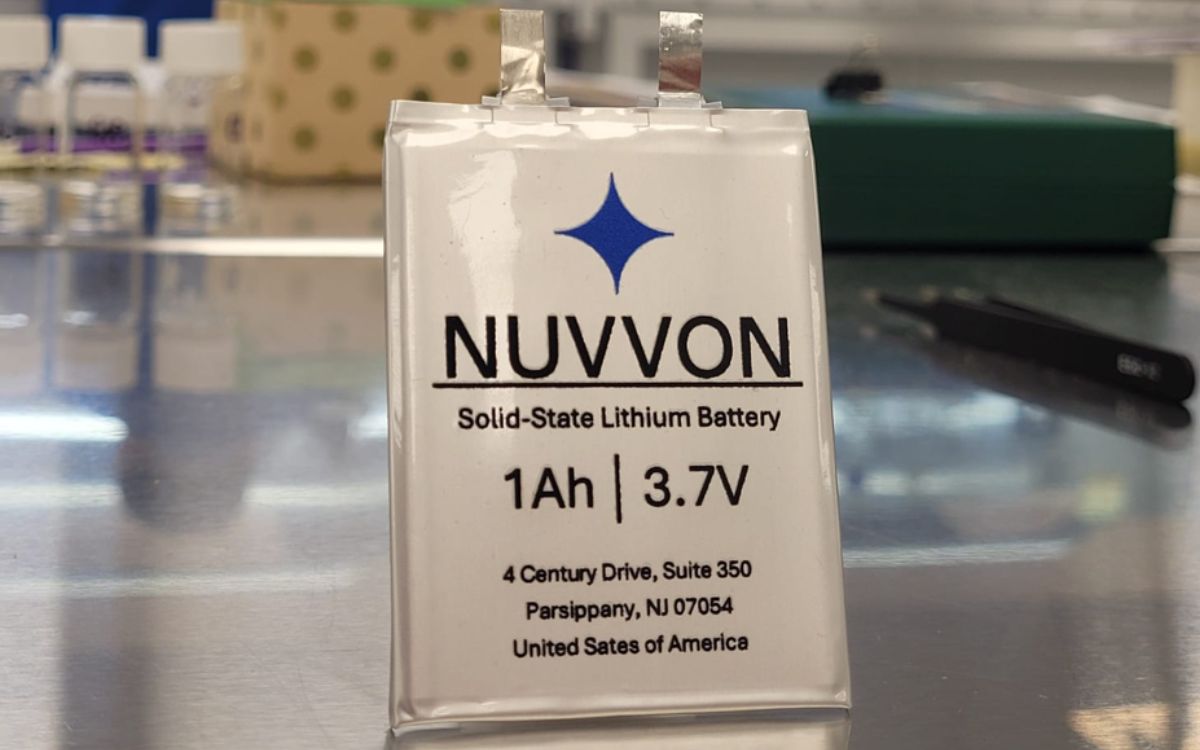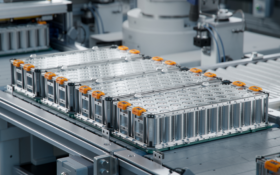Scientists in the US have developed a clay-based electrolyte they claim will allow lithium-ion batteries to operate up to 120˚C (248˚F).
Researchers at Rice University and Wayne State University in Detroit baked commercial clay particles at 650˚C for an hour before combining a room-temperature ionic liquid and lithium salt and mixing them into the clay in an oxygen-free glove box.
The liquefied salt acts as a source of lithium ions that conduct through the electrolyte to the electrodes, the scientists said.
The units proved able to deliver a stable voltage window of 3V over 120 cycles. They also featured both the thermal stability of solid-state electrolytes and the wetting properties of liquid electrolytes, reported the scientist.
Kaushik Kalaga, a graduate student at Rice and lead author of the study, said: “It [the electrolyte] is able to produce pretty good performance at room temperature, but it gets better at higher temperatures.
“The clay-based electrolyte gets less viscous but still retains its consistency at least to 150˚C. The next step is to push the limits further.”
The discovery relies on the malleable qualities of bentonite clay and room-temperature ionic liquids that serve as both a separator and an electrolyte system, and provide a conductive path between a battery’s anode and cathode.
The nature of the material makes it suitable for anything from thin films to commercial-scale battery units, the researchers said.
The material was described in the American Chemical Society journal ACS Applied Materials and Interfaces.
PIC: Kaushik Kalaga spreads a clay-based electrolyte:separator on one half of a button battery for testing. Photo by Jeff Fitlow











